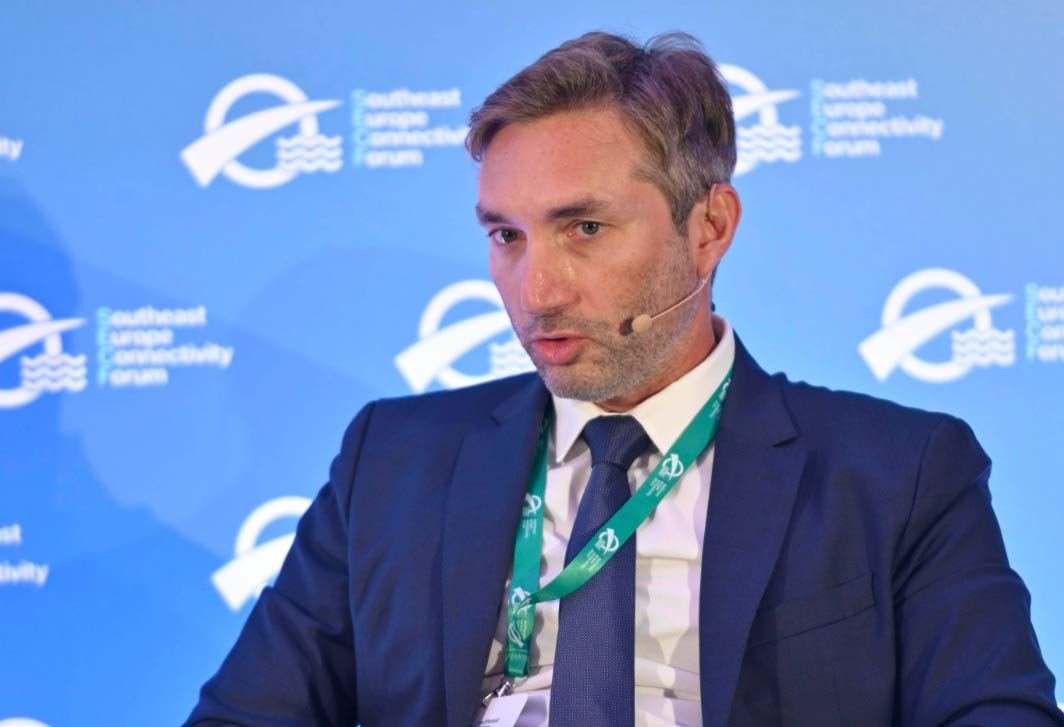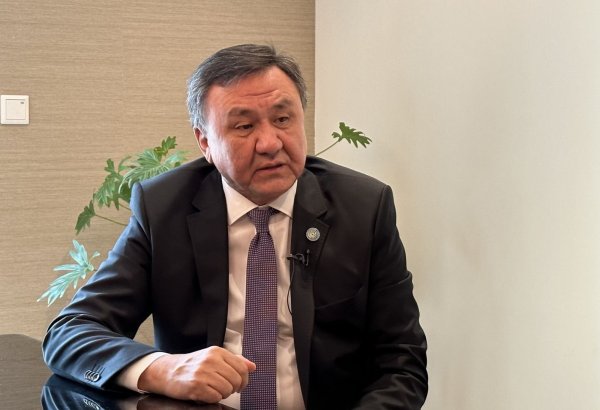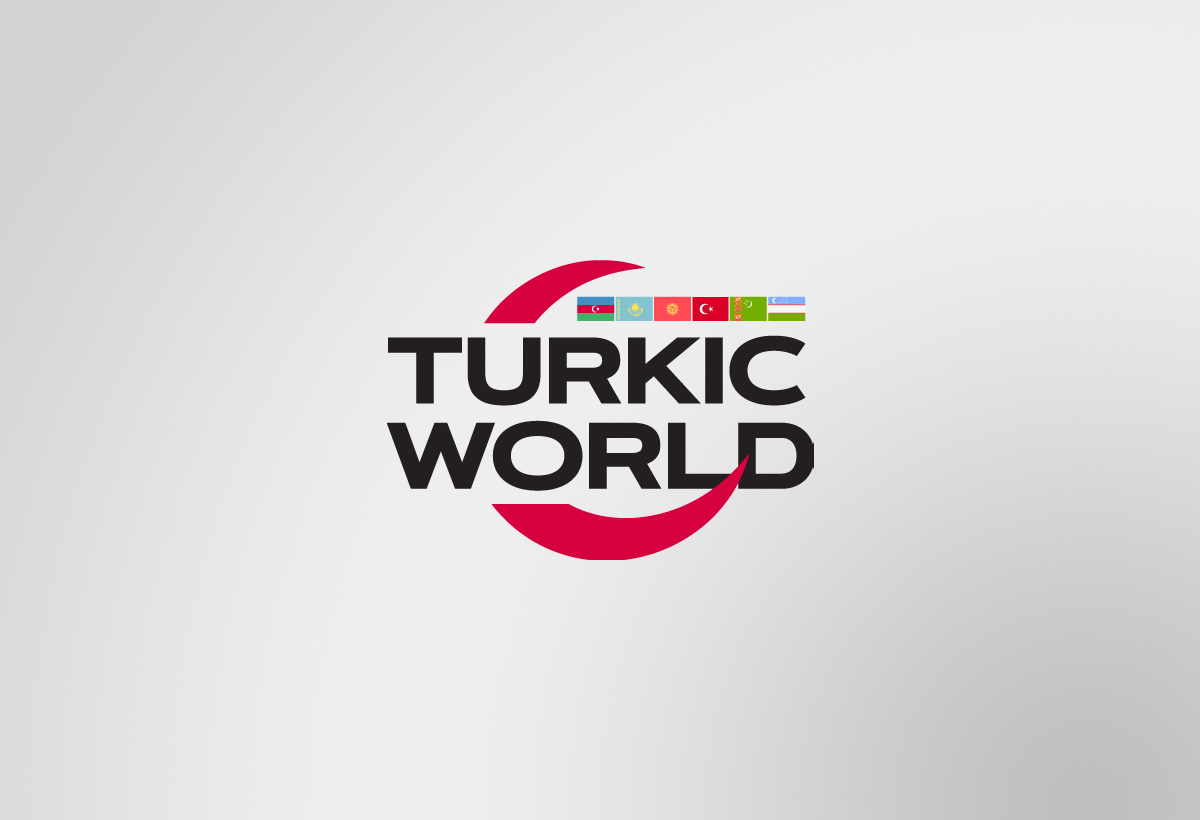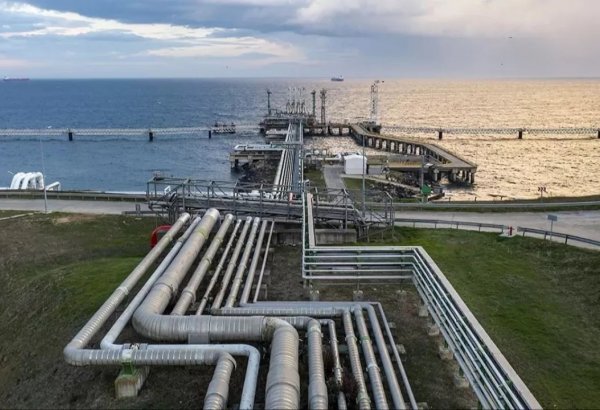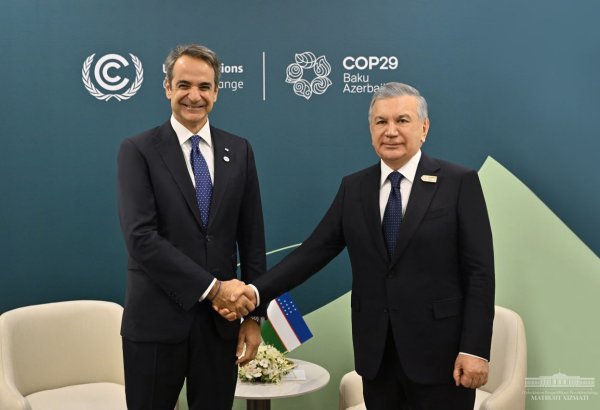BAKU, Azerbaijan, November 2. The Trans Adriatic Pipeline (TAP) does not only contribute to Europe’s goals by bringing a transition fuel to the continent, but has also embraced the decarbonization pathway, said TAP Country Representative in Greece Ioannis Maris, TurkicWorld reports.
"TAP’s ambition is to develop the asset to allow transportation of hydrogen, in the form of a blend with natural gas. We envisage hydrogen concentrations being increased in incremental steps," he said addressing a panel discussion at the Southeast Europe Connectivity Forum (SECF).
Earlier, TAP Managing Director Luca Schiepatti said that the pipeline's commitment to sustainability is confirmed by some results achieved in 2022: -25 percent in greenhouse gas emissions and -38 percent in methane emissions compared to forecasts.
"We are also testing our pipes and infrastructure to transport hydrogen and other green molecules in the future," added Schiepatti.
As a pivotal component of the Southern Gas Corridor in Europe, the Trans Adriatic Pipeline plays a crucial role in enhancing the continent's energy security, fostering energy source diversification, and supporting the transition toward decarbonization. Boasting an impressive annual transportation capacity of approximately 10 billion cubic meters of gas, the pipeline also holds the potential for capacity expansion to 20 billion cubic meters. TAP's provision of a dependable source of natural gas significantly contributes to ensuring Europe's access to a new and sustainable energy resource.








